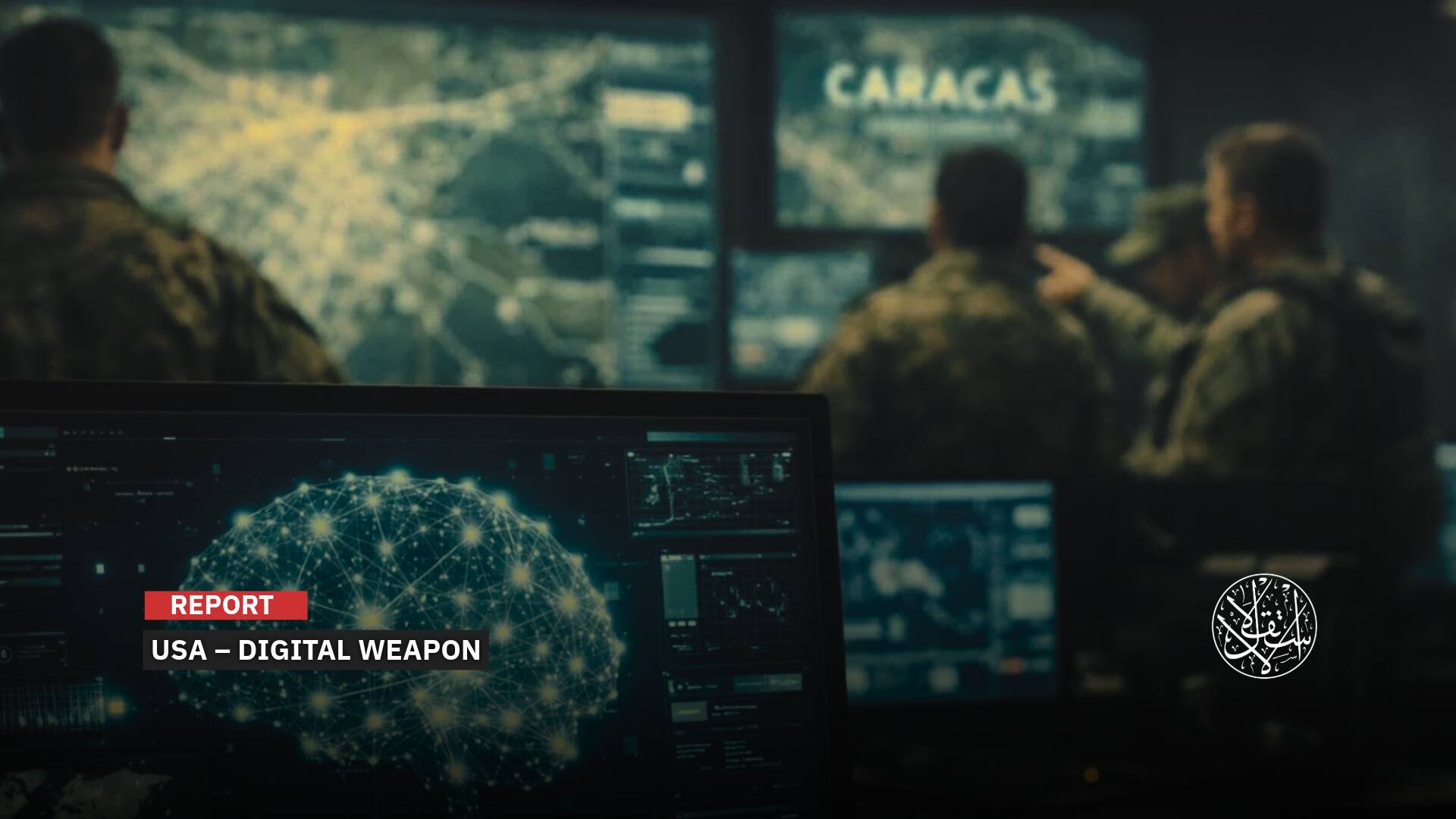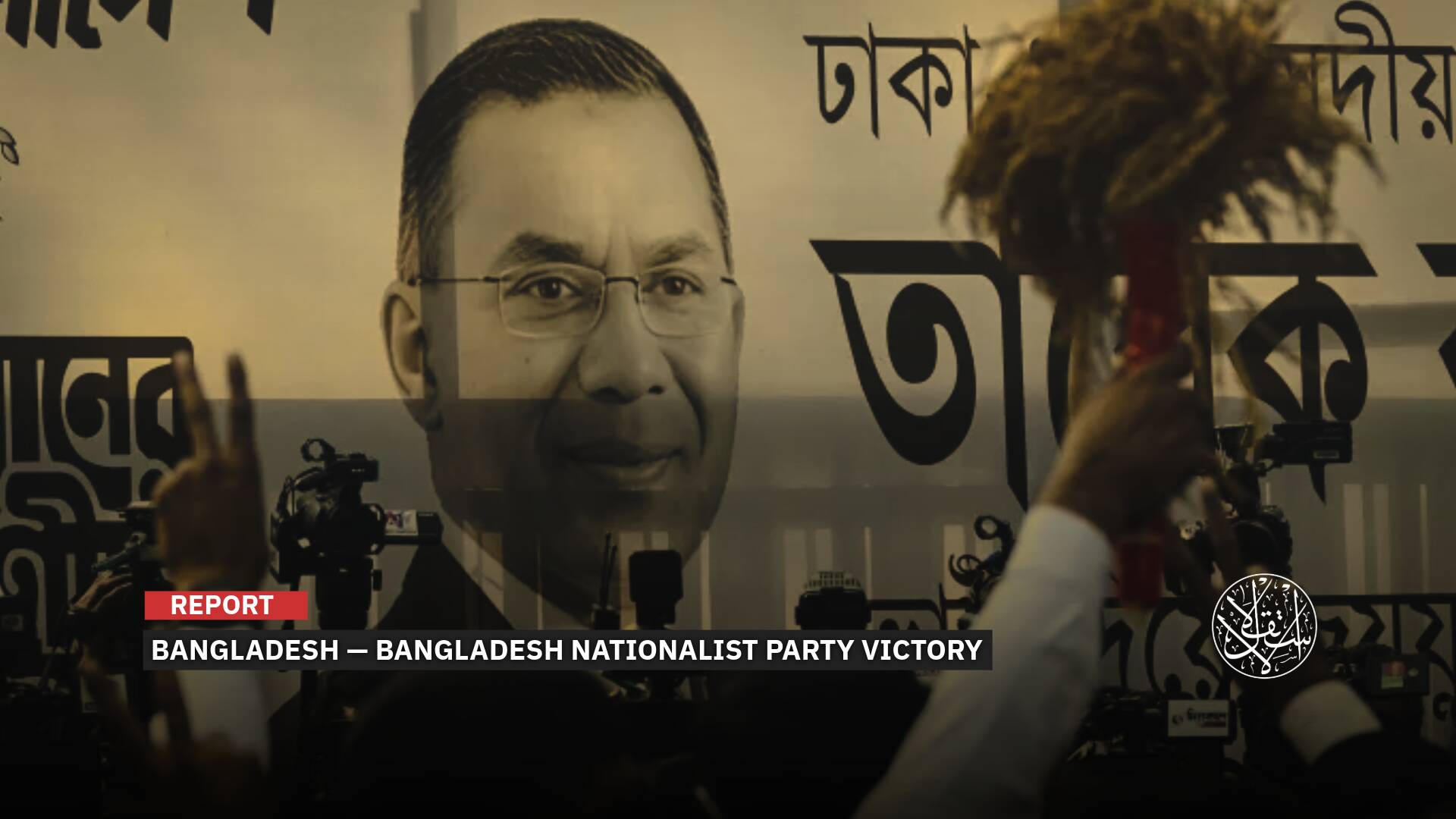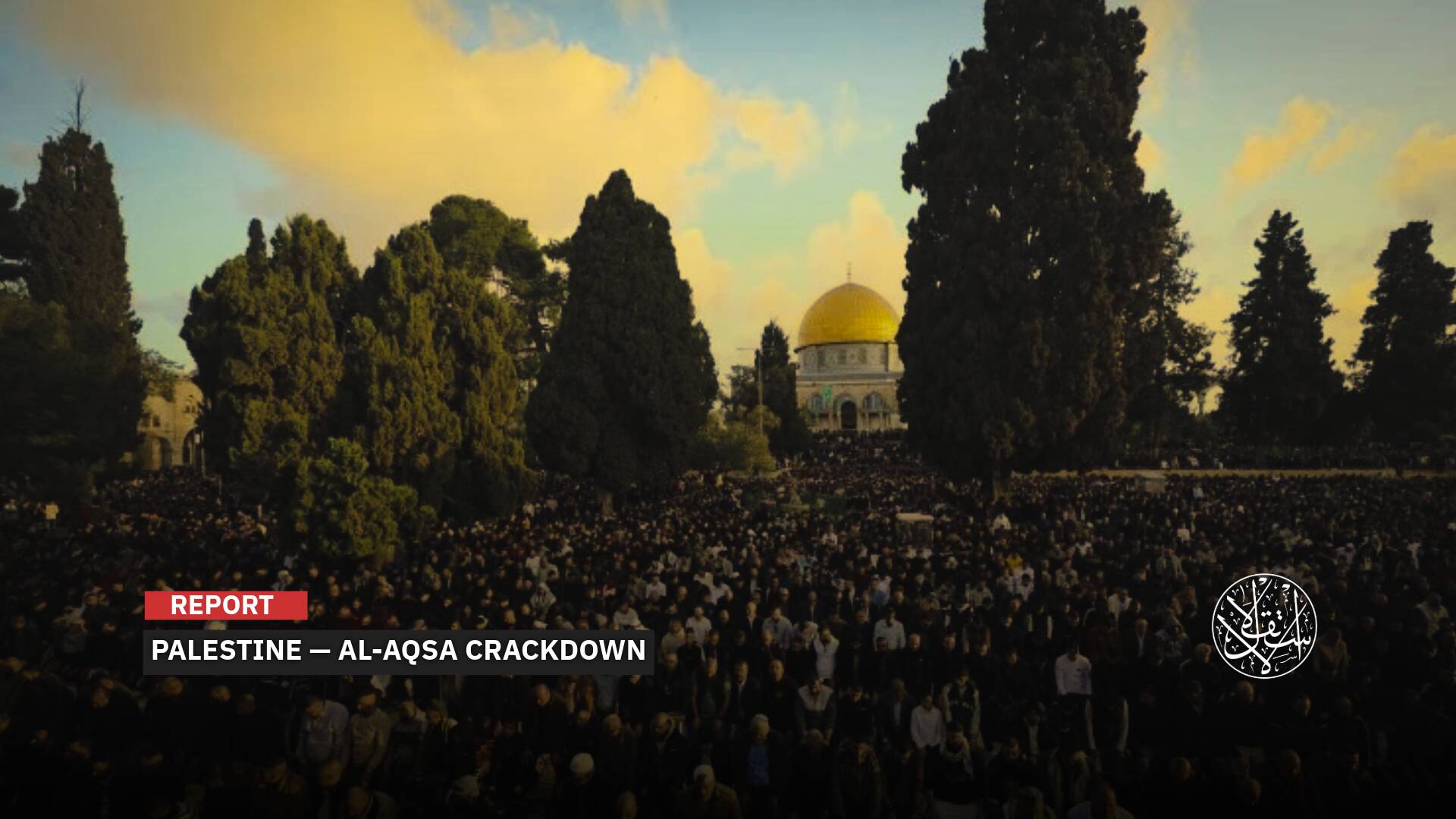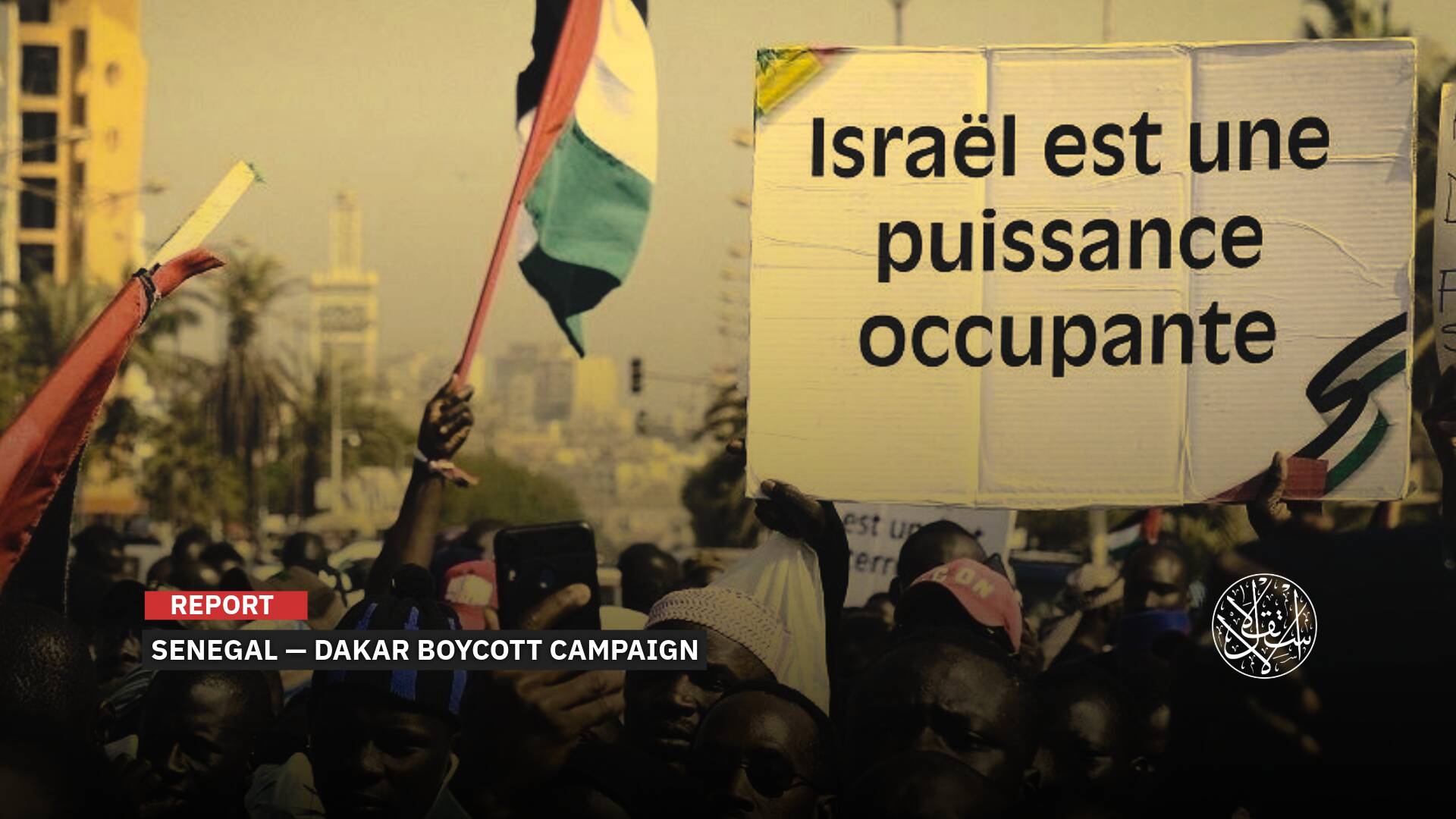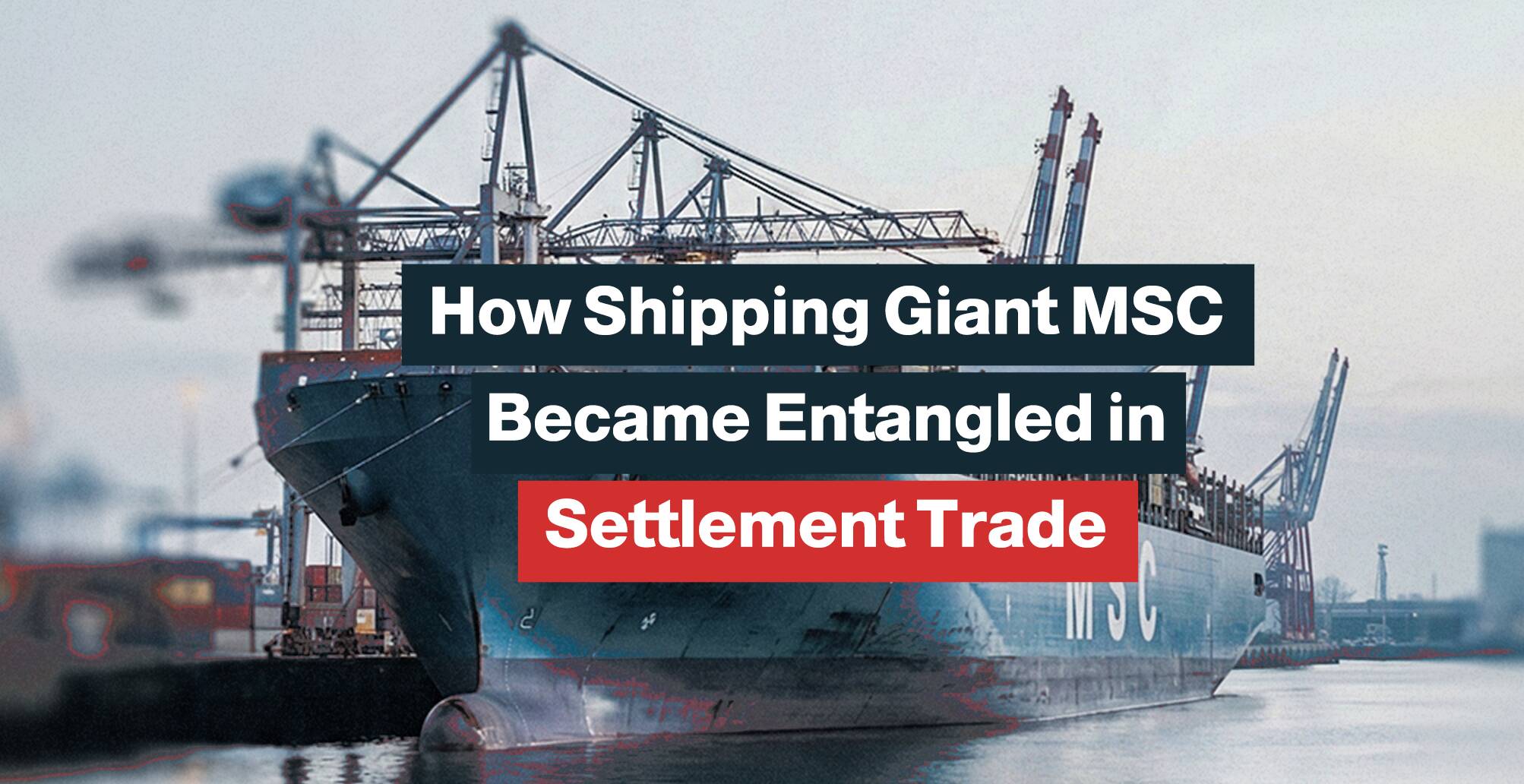The Rush of Russian Arms Companies to Saudi Arabia: Why Does it Anger Washington?

Every war has its business, and the Russian-Ukrainian conflict is no exception. Russian arms manufacturing companies have seen a sharp increase in profits as they turn their attention toward various markets in the Middle East, with Saudi Arabia at the forefront.
According to The Guardian, on May 26, 2023, seven Russian defense industry companies flocked to Saudi Arabia as part of a mission to enhance their commercial ties with the Gulf nation.
It was revealed that these Russian arms companies collaborating with Riyadh are subject to European and American sanctions due to war crimes in Ukraine. This includes a helicopter manufacturing company that supplies its vehicles and weapons for shelling Ukrainian cities.
In response to this collaboration, Russian Deputy Minister of Industry and Trade, Alexey Gruzdev, stated that the partnership aims to strengthen military and economic relations between Russia and Saudi Arabia, with a focus on establishing long-term alliances.
The growing Russian-Saudi convergence has long concerned Western capitals, particularly Washington, due to assessments of their sustained and expanding influence in the region. National security concerns and the potential risk of Russians gaining access to American defense technology further complicate the situation.
Seven Companies
Regarding the Russian arms companies that went to the kingdom, the top among them is Rostec, a state-owned Russian company specializing in defense systems and technology. Rostec is the primary supplier of weapons used by Moscow in the invasion of Ukraine, as described by The Guardian.
The U.S. Treasury Department even described Rostec as the cornerstone of Russia's defense, industry, technology, and manufacturing sectors in the sanctions list issued in June 2022, targeting the Russian military sectors.
One of the prominent companies involved in Saudi cooperation is the Russian manufacturer of the Ka-52 Alligator helicopter. Ukrainian forces have reportedly downed at least 35 of these helicopters during the ongoing battles.
Another participant in Saudi events is the Russian company KAMAZ, known for manufacturing armored vehicles. It has also faced punishment from Washington for its role in supporting the Russian military efforts during the invasion of Ukraine.
Among the other attendees is Rosatom, the Russian government-owned nuclear energy company. Rosatom has been in specific negotiations with Saudi authorities since March 30, 2023, regarding the establishment of a "low-power" Saudi nuclear reactor.

U.S. Concerns
According to a confidential source cited by The Guardian, the Saudi Arabian Ministry of Investment is considering the possibility of opening an office in Moscow.
The source added that this shift in Saudi policy toward Russia and China is redirecting the kingdom's focus away from the United States and Western Europe.
The Riyadh-Moscow relationship has created tensions with Washington, particularly during the year 2022. Riyadh aligned itself with Moscow against American interests and decided to reduce oil production shortly before the midterm elections in the United States, which angered President Joe Biden.
The situation escalated to the point where voices in the U.S. Senate called for a freeze on American arms sales to Saudi Arabia for one year in response to the OPEC+ decision to reduce oil production by two million barrels per day for one month.
However, there is a particular concern regarding the military and defense convergence between Russia and Saudi Arabia. This concern was expressed by Richard Blumenthal, a member of the Senate Armed Services Committee, who emphasized on October 17, 2022, the need to ensure that Saudi Arabia does not share sensitive American defense technology with Russia.
He stated that his committee would consult with the Department of Defense (Pentagon) on this matter, adding that he will speak to them very frankly about their assessment of the risks in transferring technology in advanced weapon systems that have already been manufactured and exported to them.
To the Russian Arms
Amidst U.S. distancing and Russian rapprochement, Saudi Arabia's strategy has not undergone an overnight change. However, a significant event heavily influenced Saudi Arabia's shift toward Russian weaponry. This event took place on October 2, 2018, with the murder of Saudi journalist Jamal Khashoggi inside the Saudi consulate in Istanbul, Turkiye.
At the time, senior leaders in the U.S. Senate pledged to freeze arms exports to Saudi Arabia. Former U.S. President Donald Trump, a close ally of Saudi Crown Prince Mohammed bin Salman, faced this challenge.
Trump and the White House clashed with voices calling for punitive measures against Saudi Arabia, including the suspension of pre-agreed American arms shipments. They viewed such actions as a threat to U.S. national security.
However, bin Salman did not forget this period or those inclinations. Instead of relying solely on American arms, he decided to lean more toward Russia and China.
On November 11, 2021, the National Interest magazine published a report on the escalating arms deals between Riyadh and Moscow.
It stated that Russian President Vladimir Putin expressed his country's willingness to assist Saudi Arabia in protecting its people. Putin emphasized the need for smart decisions, as seen with Iran's acquisition of the S-300 system and Turkiye's acquisition of the S-400 system.
The report mentioned that the Saudi Arabian Military Industries (SAMI) had signed a significant contract with the leading Russian arms export agency to produce the TOS-1A Buratino rocket launcher domestically. The TOS-1A launcher is used against light armor.
The same agency procured the Russian missile Kornet, which is a highly sought-after missile in the Middle East due to its anti-tank capabilities.
The American magazine noted that Russia capitalized on U.S. arms restrictions in the Middle East, particularly in Saudi Arabia, to expand its sales. Moscow benefits from the relative simplicity of its weapons, uncomplicated arms contracts, and fewer security conditions.
Importantly, there are no requirements to protect human rights or monitor the use of weapons, as the United States and European countries do.

Putin and bin Salman
Given the current reality and the Saudi–Russian convergence, particularly in the military realm, it is undeniable that a distinct relationship has developed between the two parties.
This relationship became evident after the assassination of Saudi journalist Jamal Khashoggi at his country's consulate in Istanbul in 2018, orchestrated by a Saudi hit squad on the orders of Crown Prince Mohammed bin Salman.
Immediately after the incident, the G20 Summit took place in Argentina. While world leaders distanced themselves from the Saudi Crown Prince and avoided appearing alongside him, Putin acted contrarily.
During that period, Putin astounded everyone by shattering the isolation of the ostracized Prince and warmly clasping his hand, departing from the protocol commonly observed among heads of state and global leaders. Bin Salman, in turn, reciprocated this gesture toward Putin throughout the event.
In contrast, during the same period, The Washington Post published an interview in which bin Salman spoke with Jared Kushner, the son-in-law of former U.S. President Donald Trump and one of his top advisers. In the interview, bin Salman indicated that he would not forget the West's betrayal.
This was a clear allusion to Western criticism of Riyadh and its narrative regarding the killing of Saudi journalist Jamal Khashoggi.
In contrast, bin Salman stated in an interview with The Atlantic magazine on March 3, 2022, in response to a question about President Joe Biden's misperceptions, saying he simply doesn't care and that it is up to him to think about America's interests.
He added that both countries should refrain from interfering in each other's internal affairs.
Despite all of this, it cannot be ignored that U.S.–Saudi defense cooperation remains the largest, despite attempts by various powers such as Russia and China.
This was confirmed by the U.S.-based Alhurra website on November 13, 2021, when it reported that over the past five years, Saudi Arabia has become the world's largest arms importer, accounting for 11% of global arms imports, with 79% of them coming from the United States.
Sources
- Russian weapons manufacturers hosted at Saudi trade event
- Saudi Arabia Wants These 5 Weapons from Russia
- Gulf Defense Industries: Reducing or Dismantling Engagement with the West? [Arabic]
- Newspaper: Trump fears annulment of arms deals with Saudi Arabia [Arabic]
- Saudi-Russian Relations: Intersection of Interests or a Strategic Shift? [Arabic]
- Saudi Arabia buys Russian weapons, including advanced missiles [Arabic]


